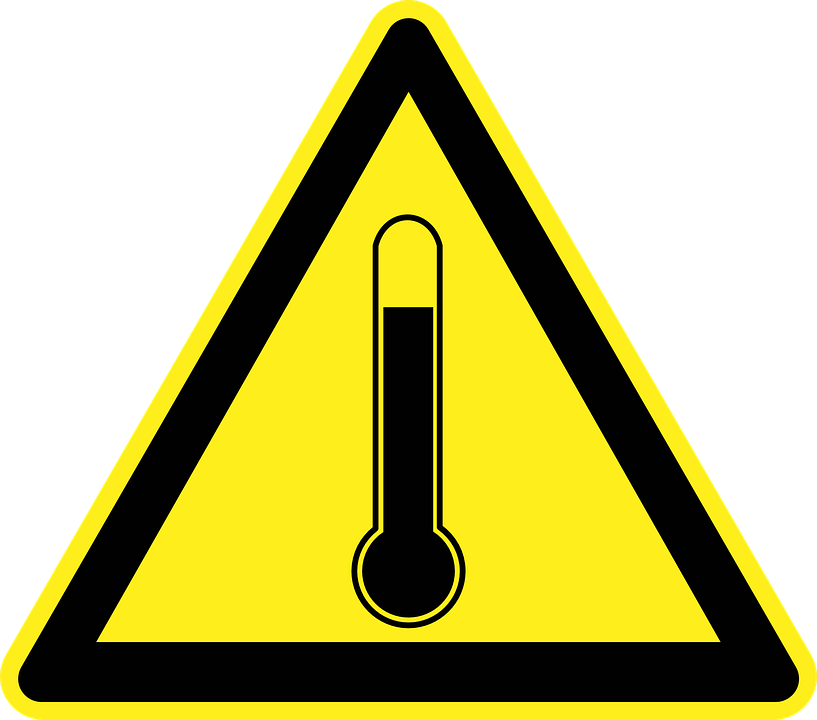UK could swelter in 40C every 3-4 years by end of century- Met Office
If emissions are reduced in line with the Paris climate agreement, the possibility of temperatures reaching or exceeding 40 degrees will be considerably lower, said the study, published in the journal Nature Communications. "We found that the likelihood of extremely hot days in the UK has been increasing and will continue to do so during the course of the century, with the most extreme temperatures expected to be observed in the south east of England," said Nikolaos Christidis, lead author of the study.

- Country:
- United Kingdom
Parts of Britain could experience temperatures of 40 degrees Celsius every three to four years towards the end of the century if carbon emissions remain unchecked, the UK's Met Office said in a study published on Tuesday. If emissions are reduced in line with the Paris climate agreement, the possibility of temperatures reaching or exceeding 40 degrees will be considerably lower, said the study, published in the journal Nature Communications.
"We found that the likelihood of extremely hot days in the UK has been increasing and will continue to do so during the course of the century, with the most extreme temperatures expected to be observed in the south east of England," said Nikolaos Christidis, lead author of the study. "The likelihood of exceeding 40C anywhere in the UK in a given year has also been rapidly increasing, and, without curbing of greenhouse gas emissions, such extremes could be taking place every few years in the climate of 2100."
The highest temperature ever recorded in Britain was 38.7C in Cambridge in July 2019. Summers with daily maximum temperatures exceeding 35C currently happen once every five years on average. They could exceed 35C almost every other year by 2100 if emissions are left unchecked, the study said.
The study also said that by 2100 many areas in the north of Britain, where 30C is currently very rare, may exceed that level at least once a decade.
(This story has not been edited by Devdiscourse staff and is auto-generated from a syndicated feed.)
- READ MORE ON:
- UK
- Nature Communications
- England
- Cambridge
- COVID-19
ALSO READ
Senior US diplomat links AUKUS submarine pact to Taiwan
Russian drone attack kills five in Ukraine's Kharkiv, officials say
Russian drone attack kills at least four in Ukraine's Kharkiv, officials say
NATO marks its 75th birthday as war in Ukraine and rising populism gnaw at its unity
UK judges urge government to halt arms sales to Israel










